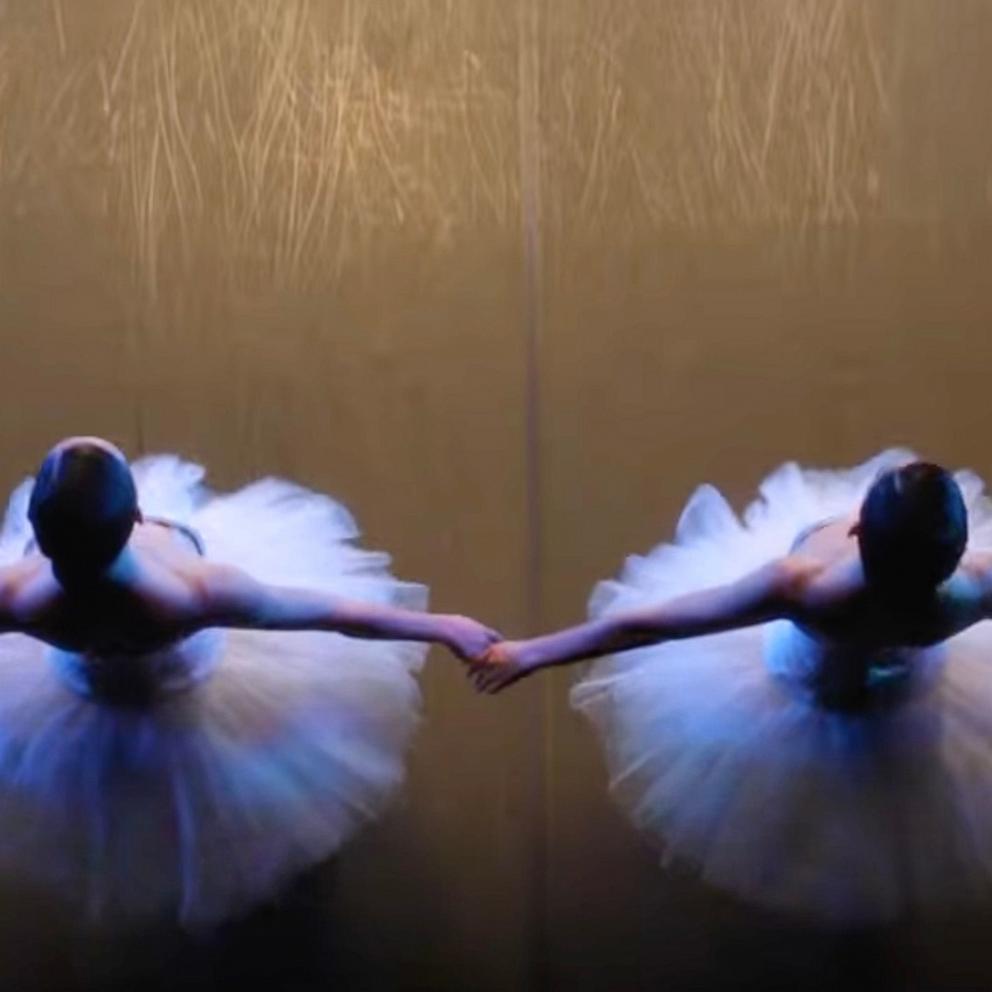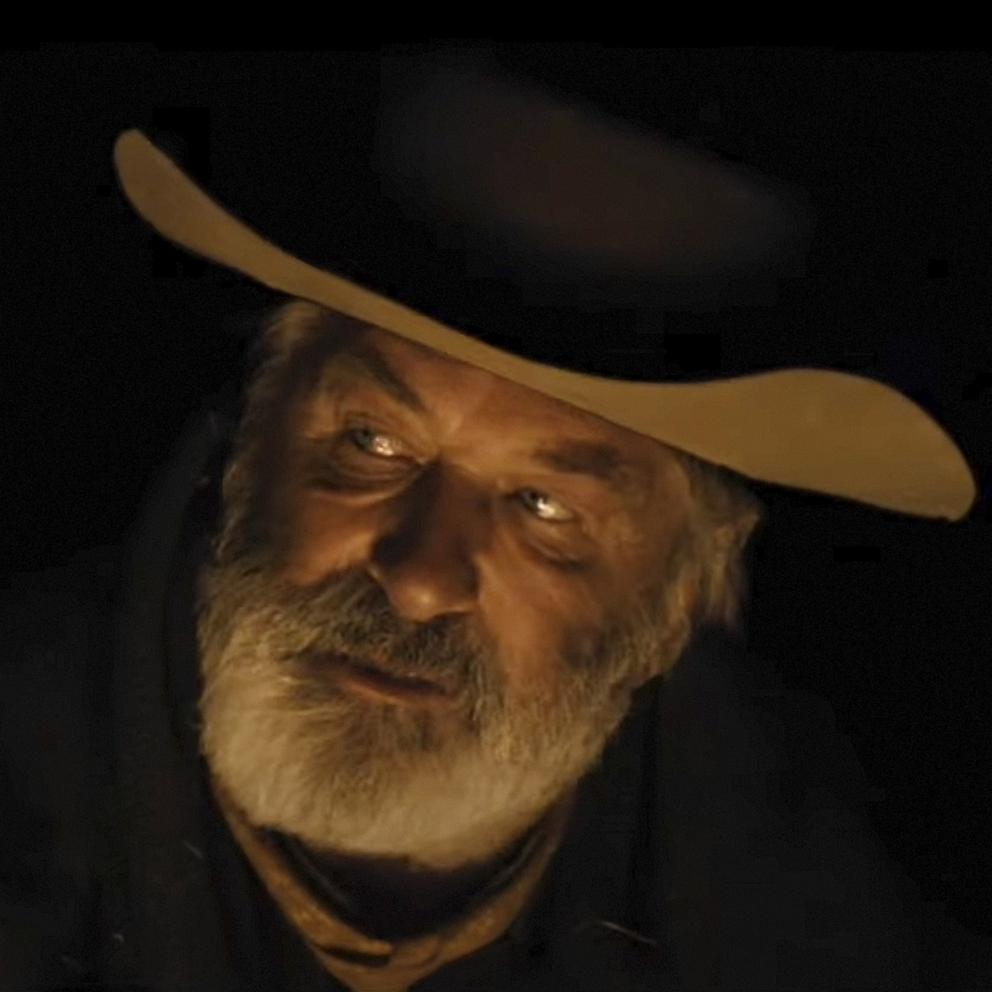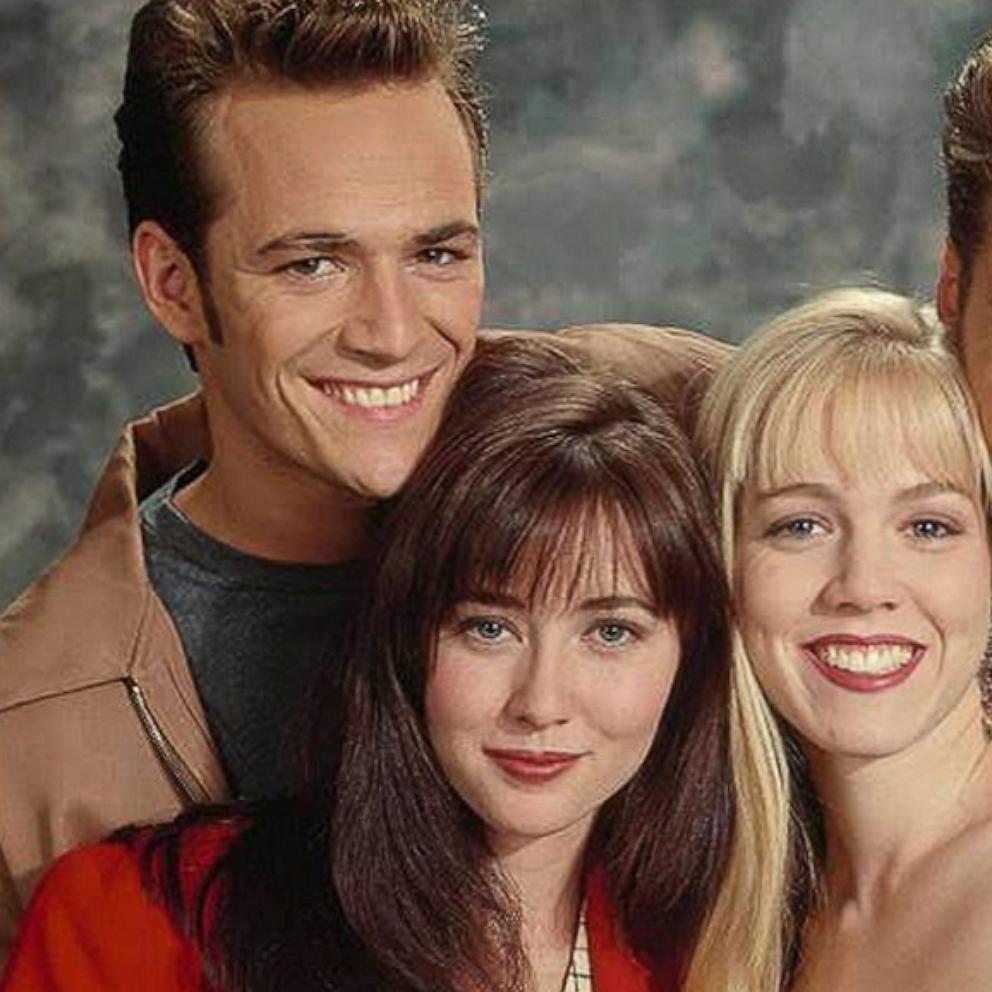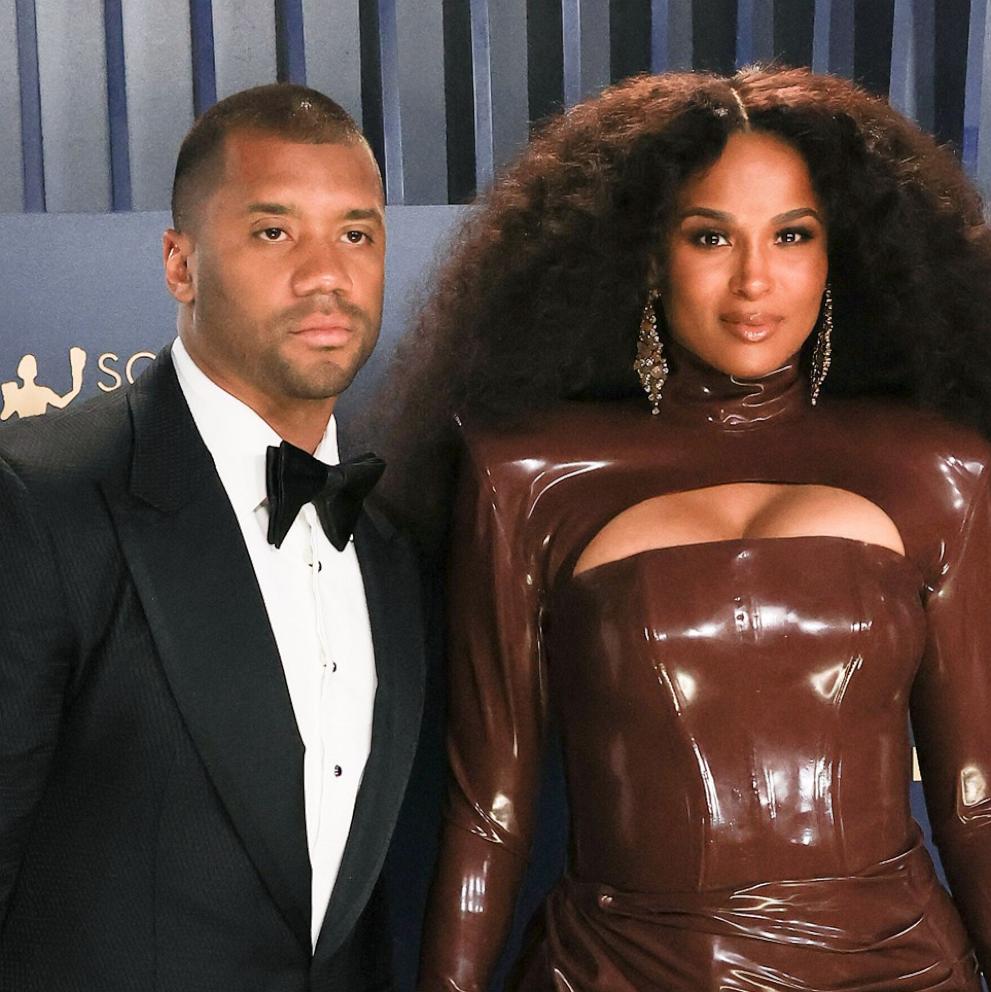What’s next for Prince William, Kate following Queen Elizabeth II’s death
After Queen Elizabeth II's death, a new royal era has officially begun.
With King Charles III now as monarch, Prince William and Kate have also taken on new titles as Prince and Princess of Wales, and with new titles come new responsibilities.

But ABC News royal correspondent Victoria Murphy says William and Kate have been working toward this moment for quite some time.
"William and Kate have been gradually increasing their royal responsibilities for several years, so in many ways their elevated positions are a natural progression from how things have already been going," ABC News royal correspondent Victoria Murphy said of their elevated positions. "Because they are senior royals and two of only a handful of working royals, they will have busy timetables - the days of William having another job such as the air ambulance are over."
As a king in waiting, William will take over his father's previous duties, while continuing to carry out a mixture of official visits that support his and Kate's charitable interests, as well as overseas tours on behalf of the government and other royal engagements such as investitures and receptions.
Over the past decade, William and Kate have focused on key areas, including the environment, mental health and child development. Murphy said that the couple will continue to support those causes in their new roles and be called on more frequently to support the king.
"They still have plenty of freedoms with William as heir in the same way that Charles did when he was Prince. However, they will also be required to spend time supporting the King and the British government in their work, such as investitures, receptions, state visits, overseas tours and other visits," Murphy said.
Balancing royal life and parenting
While their workload will expand, their grounding roles are as mom and dad to George, Charlotte and Louis.
"Family is very important to William and Kate and they have made forging a stable and happy family life for their children central to every decision they make," Murphy said. "They will continue to balance their work responsibilities with the active roles they play as parents. Being present for their children and regularly doing things like the school run and bedtime is very important to them both."
In September, William, Kate and their three children, Prince George, Princess Charlotte and Prince Louis, recently relocated to their new home, Adelaide Cottage, a four-bedroom cottage on the grounds of Windsor Castle. A senior royal source told ABC News that the Cambridges' move to the country was driven by their choice of school, and a desire to give their children as "normal" of an upbringing as possible. Their new home is also close to Kate's parents, Michael and Carole Middleton.

"The children are already learning about the role their family has on the world stage, but William and Kate are keen for their childhood to be free from pressures or scrutiny so [they] are constantly making decisions with this in mind," Murphy said about their focus on protecting their kids' childhood.
"A lot of the things that we hear about them doing with their family and speak about valuing are very relatable -- such as time outdoors, visiting the beach, baking and roasting marshmallows," she said.
With George now second in line to the throne, Murphy said that William and Kate want to "gently introduce him to life on the world stage, but while still very much protecting his everyday childhood."
"I don't think that any decision to have [the kids] appear publicly will be influenced by the change in their positions in line to the throne, but more on what is deemed suitable for their age and what level of exposure the family feels comfortable with," Murphy said.
William and Kate's connection to Wales
The couple is the first to use the Prince and Princess of Wales titles since Charles and the late Princess Diana.
Last month, William and Kate traveled to Wales for the first time as the Prince and Princesss of Wales. The couple met with different communities across the nation to learn about the work of key charitable organizations in Anglesey and Swansea.
Kensington Palace said that William and Kate have a "deep affection for Wales," having made their first family home in Anglesey in 2011. It is where they spent their first months as parents to Prince George. Wales was also where William undertook his first engagement as a young boy.

William graduated from the Search and Rescue Training Unit at RAF Valley in Anglesey when he was raining to become a helicopter pilot with the Royal Air Force's Search and Rescue Force.
"The couple want to establish a strong bond and link with the people of Wales by visiting there often," Murphy said.
How their household will be funded
The biggest change for William and Kate may be how their household is financed, according to Murphy. As Prince of Wales, William would also inherit the Duchy of Cornwall.
The Duchy of Cornwall is an estate, which was established by Edward III in 1337 to provide independence to his son and heir Prince Edward, according to the Duchy of Cornwall's website. Charles, who was the Prince of Wales prior to his role as king, became the 24th Duke of Cornwall when Queen Elizabeth acceded the throne in 1952.
In 1969, when Charles turned 21, "he became entitled to the full income of the duchy and took over its management," according to the website.
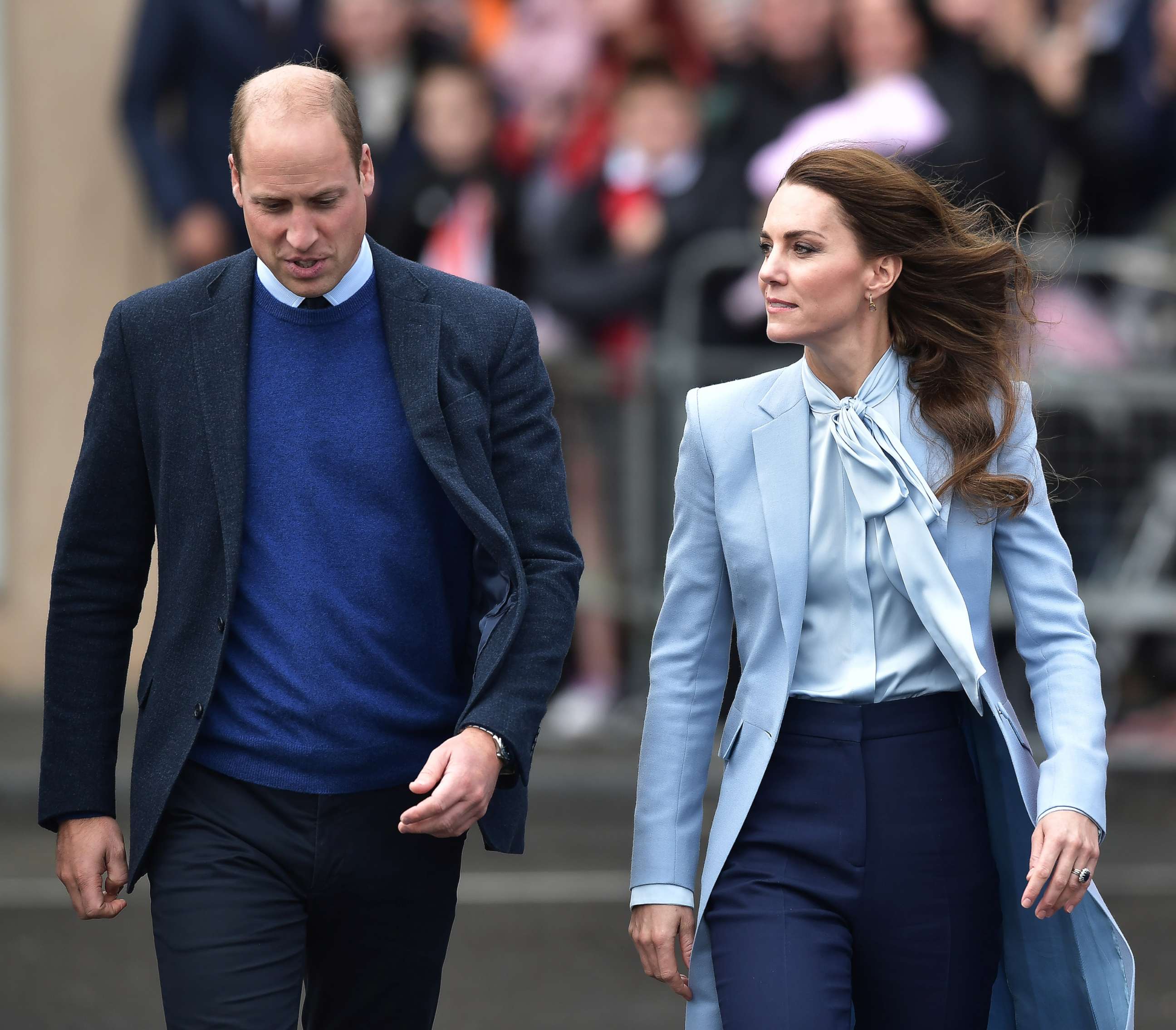
As the Duke of Cornwall, Charles was in charge of the territory, which consists of around 53,000 hectares of land in 23 counties, mostly in the South West of England, according to the website.
Now William gets the net profits from the estate, which for Charles, was around £20 million per year.
"Unlike when he was the Duke of Cambridge and relied on his father paying for his offices, William will now have his money to fund his work and properties how he chooses, and eventually those of his children as well," Murphy said. "Some of his work, such as royal travel and the upkeep of Kensington Palace, will also be funded by the Sovereign Grant, which is the money the UK Treasury pays to the monarchy for official duties."

